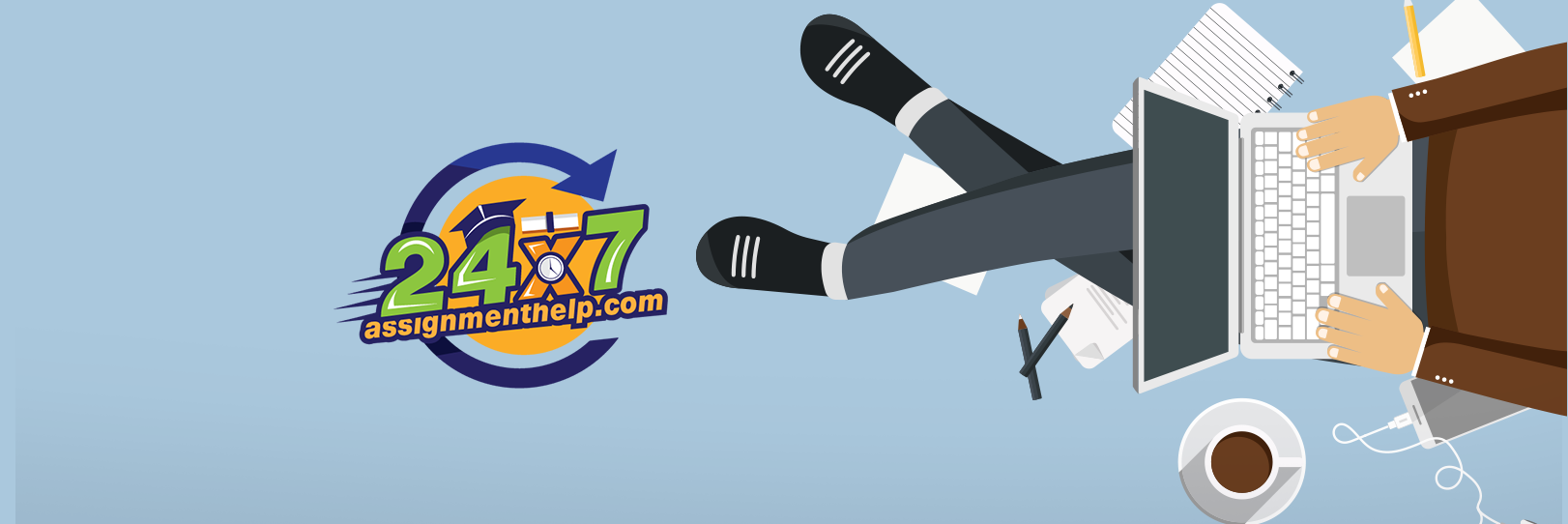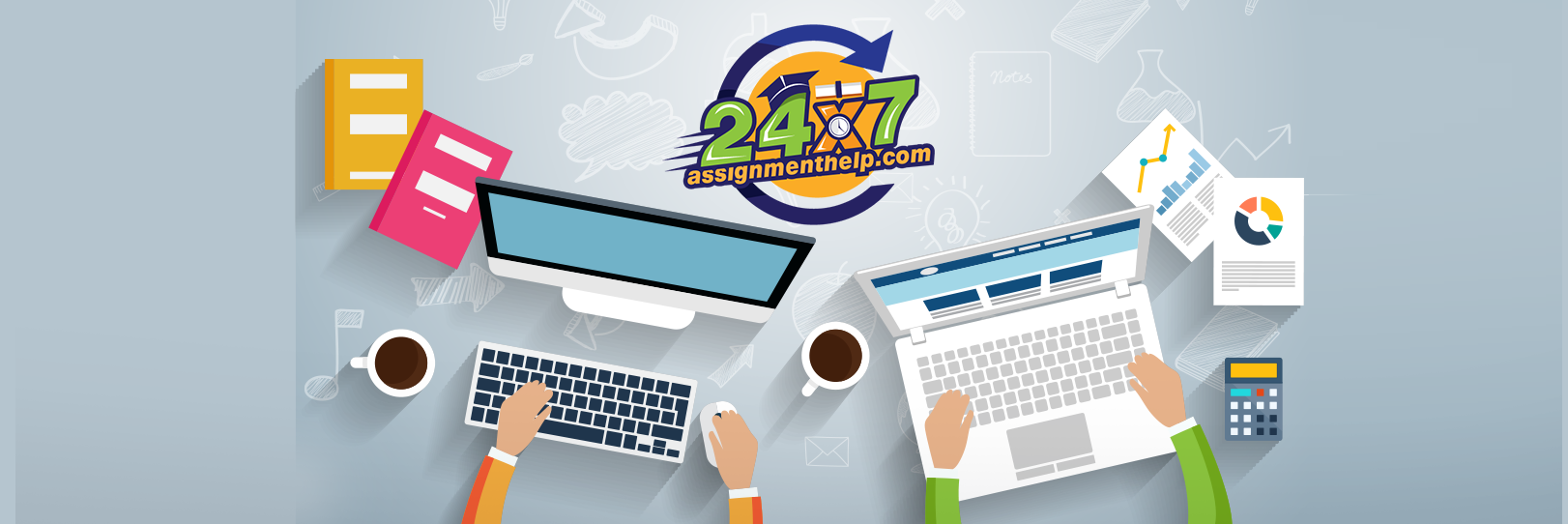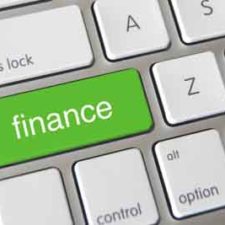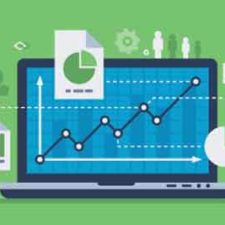Economics happens to be a sought-after subject by many students. There are various colleges and reputed institutions which offer good educational qualifications in Economics.
Moreover, it is an extremely scoring subject in which students can get good grades by having an impeccable clarity of concepts.
Definition of Economics
It includes financial matters and talks about various fiscal policies, economic reforms, distribution of income and allocation of resources.
Interestingly, the subject of economics is an umbrella term and has many branches. These branches have been developed by famous thinkers who have transformed society through their out-of-the-box ideas.
Branches like classical economics, micro-economics, macro-economics and Keynesian economics are mostly studied. They help to gain an economic perspective on various things under the sun.
These branches and sub-categories have abundant information and numerous concepts which can be grasped by having an aptitude in the subject.
They deal with specific economic factors like national income, demand and supply curve. Moreover, they provide a basic idea of the economic principles, theories and their practical application.
Besides this, having strong financial/economic literacy can add to the existing knowledge and help delve deeper into the world of Economics.
Importance of Economics
Economics is an important subject as it throws light on the various aspects of a macroeconomy.
The changes in market conditions and policies affect the economic framework of a country. It also makes the individuals conscientious towards their country.
Interestingly, Economics also helps formulate public policies which improve the condition of economies all over the world.
By studying Economics, a person can understand the world around him/her and know the importance of money.
It also offers lucrative career opportunities and job experiences for people who wish to take up Economics as a vocation.
Basic skills required in Economics
The study of Economics is vast which includes a repertoire of skills to gain mastery and expertise. Analytical skills, communication skills, interpersonal skills, numeracy, organization and time management are necessary.
To be able to understand Economics a person must be good in calculating numbers mentally and achieving the result.
A person must have a thorough understanding of certain mathematical concepts and basic knowledge of statistics to help him/her gain expertise in the subject.
In addition to this, Internship Programmes and Fellowships also help to understand Economic ideas. These programmes provide a job like situation and help people to act accordingly.
Features of academic qualifications in Economics
- Bachelor of Arts or Bachelor of Science in Economics
This degree course offers specialization in applied economics, econometrics and economic theory.
It is a 120 credit hour program with 30 credits of coursework in Economics, six credits of statistics and related work.
- PhD in Economics
This course offers formal training along with developing research skills in students.
It makes the students have a competitive edge over other people in the job market. The students are prepared for Associate Fellowship.
In addition to this, the course also helps students to write a good research report and present data in a graphical form.
- MSc in Economics
This course provides a thorough understanding of subjects such as econometrics, health economics and environmental economics.
The students would be familiarized to the concepts of quantitative and qualitative economics.
Concepts like demand analysis, utility theory, elementary theory, demand and supply equilibrium and cobweb theorem are studied.
- MA in Economics
This course would acquaint the people to mathematical methods in economic analysis. In addition to this, the students would give a thesis or dissertation on the principles they studied.
The course would develop powers of enquiry, critical analysis and logical thinking in the students. They would be able to comprehend theoretical knowledge and apply it on a practical basis.
Entry Requirements for Economics in the UK
A person must have 36 points in International Baccalaureate Courses. In addition to this, he/she must also have a good score in exams like TOEFL.
A student must also be proficient in the English language and able to read between the lines. He/She must possess extraordinary linguistic competence and must have good writing skills.
Colleges to pursue Economics
The subject of Economics can be pursued in various colleges in the USA. They offer extraordinary insight into the field of Economics and are known for the unsurpassable quality of education.
- Harvard University
This is the most preferred college in the USA to study economics. It offers a Bachelor of Arts degree in Economics, an accelerated program and a senior program.
Quality education provided through well-qualified teachers helps students become experts in the field of Economics. Moreover, the college ensures students take academics seriously. It offers a massive range of books in the library to help the student develop reading skills.
Research Methodologies and Hands-on Projects on Econometric models chisel the knowledge and provide technical know-how. The various programmes sharpen the intellect of the students and provide them with exposure to different things.
- Massachusetts Institute of Technology
The college offers various courses like Masters Degree in Economics and a PhD program in the subject. Moreover, it also has an Undergraduate Research Opportunities program.
Several assignments and projects make mind-boggling concepts easy. Written exams ensure students have gained knowledge and are capable to analyze economic problems.
- Stanford University
Interestingly, this college also offers programs in Economics and special courses on the subject. Orientation programs and thesis programs ensure a thorough understanding of the subject.
They polish the existing knowledge and help students increase their aptitude in the subject.
- University of California, Berkeley
The institution was the first one to have a department called ‘Economics’.
It offers courses like Bachelor of Arts Degree in Economics and a Bachelor of Science in Environmental Economics and Policy. Graduates can also opt for Masters in Degree in Economics.
The institution follows a remarkable pedagogical approach. It familiarizes students to the tenets of Economics.
- University of Warwick
The educational institution offers special programmes and undergraduate/post-graduate courses in the subject of Economics.
There are special programmes and courses which add to the existing information. They help students develop practical skills and make use of the knowledge they have learnt.
Careers in Economics
- Economist
Economists conduct research and analyze data to develop monitor trends. They also talk about a variety of issues regarding inflation, exchange rates, business cycles and employment levels.
Their expert opinion is useful to decide the economic growth of the country and make necessary changes to improve the economy.
To become an economist, a person needs a PhD, Master In Economics and Bachelor’s Degree in Arts. In addition to this, one must have a strong mathematical background with good knowledge of statistics.
A person must have critical thinking skills, communication skills and analytical skills to be a great economist.
- Market Research Analyst
Market Analysts study market conditions to examine potential sales. They understand what people want and the kind of products they would like to purchase. In addition to this, they also explore resources for employment and wages.
They also gather data on the consumer demographics which include preferences, needs and buying habits. Market Research Analysts evaluate data using statistical techniques and different software.
- Economic Consultant
Economic Consultants use analytical and research-based information to study economic scenarios. They study industry trends to examine the market and economic factors.
- Compensation and Benefits Manager
Compensation and Benefits Managers think in numbers and evaluate the option for pay and benefits. They assess the trends in the labour market and demand and supply for various jobs.
In addition to this, they also work with the human resource department of the company and create reports.
- Actuary
Actuaries determine the likelihood of insurance and events such as fires, deaths, illnesses and business failures. He/She deals with the management of risk and uncertainty.
- Credit Analyst
Credit Analysts conduct microeconomic analysis with prospective clients to understand the risks involved with loan funds.
They make decisions about the credit applications of people using credit viability and customer payment history.
- Financial Analyst
Financial Analysts research companies, stocks and bonds for finance departments. They often use computer software and models to help with their analyses.
In addition to this, they also analyze financial statements and condition of the banks and help make business forecasts.
- Policy Analyst
Policy Analysts analyze the issues that impact the public. They recommend government intervention and legislation to address the problems.
In addition to this, they also work to raise public awareness about social issues.
Advanced writing skills are needed to excel in the field because people are required to represent the findings of their research.
- Lawyer
Lawyers use critical thinking and analytical skills to study their cases. Micro and macroeconomic analyses are required to make inferences and derive conclusions.
They advise businesses and individuals on legal issues and dispute and represent them in courts. Legal arguments are made by them and they have a lucrative job.
- Management Consultant
Management Consultants analyze business problems and present possible solutions. Moreover, they help businesses grow and achieve stability.
- Business/Economic Reporter
Business/Economic Reporters can broadcast reports and news about business leaders and industry trends.
Reporting succinct information in a well-worded and articulate language is a skill which economic reporters possess.
Ways to enhance economic/financial literacy
There are some avenues which help improve knowledge of the financial world. They help to get a basic understanding of economic concepts and be familiarized to some important facts.
- Have access to the Internet
Internet happens to be a great source to brush up knowledge and become aware of things. The basics about various Economic concepts are displayed on various websites which helps to a great extent.
However, one must use discretion and be able to sift through the information available. Not all the information available on the Internet is reliable; some of it may be factually untrue and incorrect.
Confirming the facts and information from other sources is must to be doubly sure about the various concepts.
- Seek professional help
The knowledge given by experts is extremely useful to gain an economic perspective. Financial and economic literacy can be enhanced by seeking professional help.
Experts have useful and productive information for the people. They have important ideas and concepts on their tips. They can be consulted for better comprehension of the subject.
Professors in Economics can be best to guide people as they have enough experience.
- Read Newspapers, Magazines and Seminars
By reading newspapers like Economics Times and various magazines a person can enhance his/her knowledge.
These newspapers and magazines contain coherent information in a well-worded language which helps to know the gist of the subject.
Interestingly, newspapers dealing with the areas of finance and economic welfare can help greatly.
They provide tips, tricks and expert opinion about economic upliftment. People can also attend financial seminars which are organized by stakeholders. These seminars have professional people commenting on certain relevant topics.
- Enrol in Short Term Courses
Enrolling in short term courses help to expand the horizon. Courses on Personal Finance, Financial Modelling, Corporate Finance and Investment Banking are also helpful.
These courses and programmes help in knowing the subject inside out. Moreover, they also help get acquainted with the significance of studying economics.
To sum it up, the study of economics is important to understand the functioning of the economy. It throws light on the multifaceted aspects of the nation’s economic framework. Getting a basic qualification in Economics is required to get a good job and acquire a certain skill set. A person can achieve financial/ economic literacy through easy ways like attending seminars, reading newspapers and magazines.
Author Bio:
Evelyn W. Minnick is a prolific writer who has immense knowledge about economic concepts, ideas and principles. She has passed out from the University of Michigan with an MBA degree. Moreover, she has additional experience of six years. She can write informative content on any topic in a coherent, articulate and well-worded language. Her seminars and live sessions are equally important as they throw light on various Economic trends and patterns. Her writing samples are often analysed by scholars and professionals who find them relevant.



















